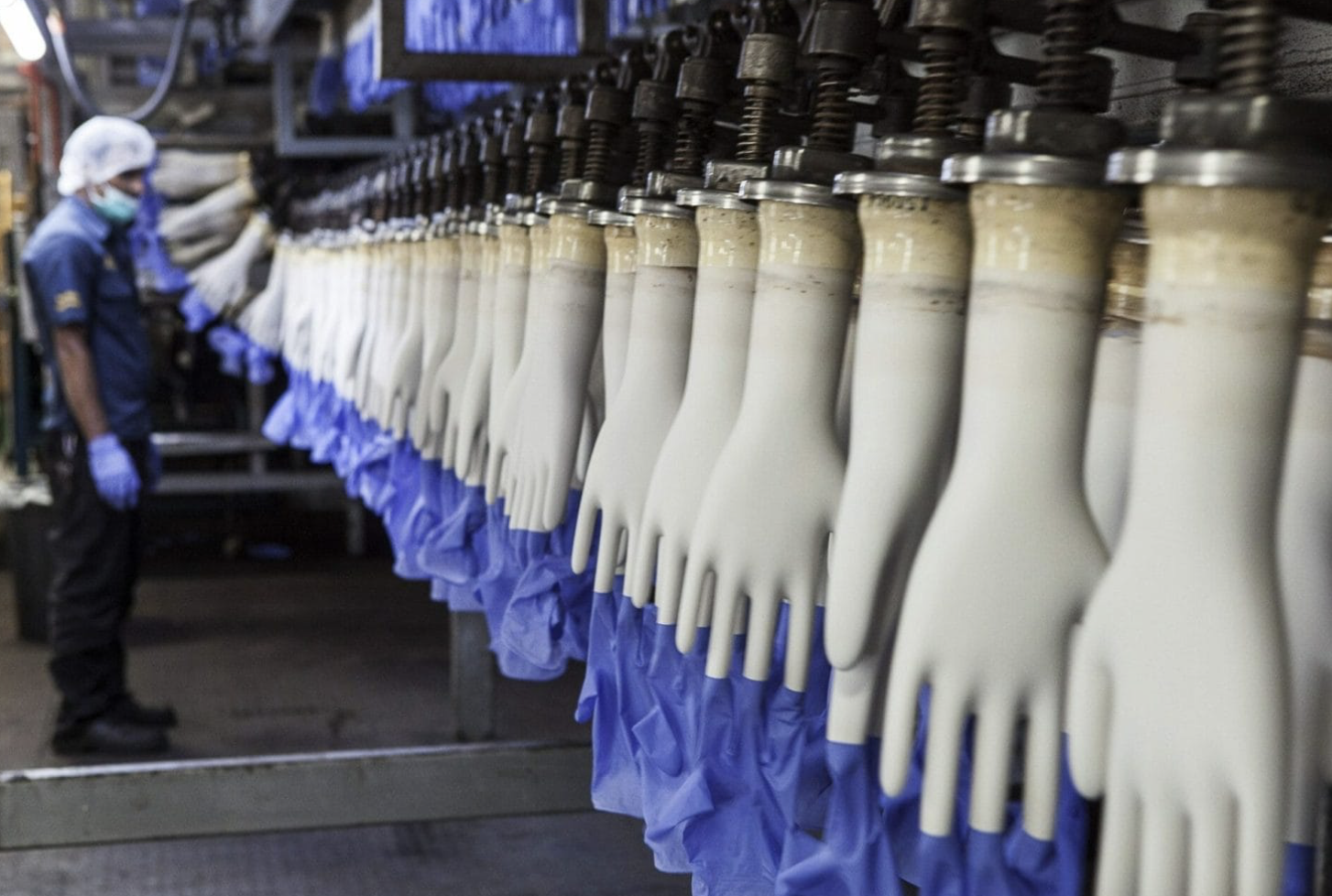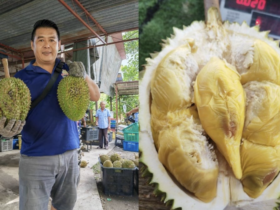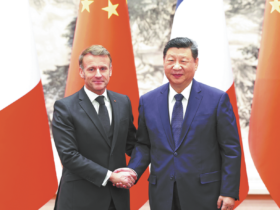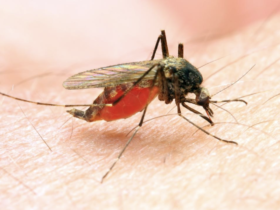KUALA LUMPUR, Aug 21 — The export value of Malaysia’s rubber glove sector hit RM6 billion between January and May, said Plantation and Commodities Minister Datuk Seri Johari Abdul Ghani.
He said the figure shows the resilience of the rubber glove industry despite challenges from the United States imposing tariffs on the product.
The minister highlighted that Malaysian goods exported to the US are subject to a 19 per cent tariff, the same as Thailand, while China faces a much higher tariff of 55 per cent.
“This situation provides Malaysia with a slight competitive advantage over these two main rival countries,” he said when winding up the debate on the 13th Malaysia Plan (13MP) for his ministry in the Dewan Rakyat today.
Johari was responding to Nurul Amin Hamid (PN-Padang Terap) on challenges the rubber industry might face following the US’ tariff imposition on rubber gloves.
The minister explained that Malaysia has a competitive edge in marketing rubber gloves through a comprehensive production ecosystem, economies of scale, consistently high product quality, and a diverse market for both natural and synthetic rubber gloves.
Meanwhile, Johari said several strategic projects have been proposed under the 13MP, including the Malaysia Sustainable Natural Rubber initiative, the development of a geospatial system for smart agriculture, and the creation of an integrated digital system for rubber technology development and transfer.
“Other proposals include the development of a digital breeding data system and rubber clone verification platform, eco-friendly latex stabiliser technology, and facilities for designing smart rubber compounds to support small and medium enterprises.
“The total funding requested for implementing these projects amounts to RM114.8 million,” he said.
He added that the Plantation and Commodities Ministry is in the final stages of improving the Rubber Production Incentive, which will be implemented based on productivity.
“Under this new policy, smallholders who work diligently and achieve target productivity levels will receive financial rewards, while those who do not fully cultivate their holdings will not be eligible for any incentives,” Johari said.


-加码-scaled.jpg)

-加码-scaled.jpg)
















Leave a Reply